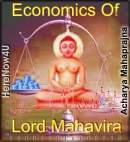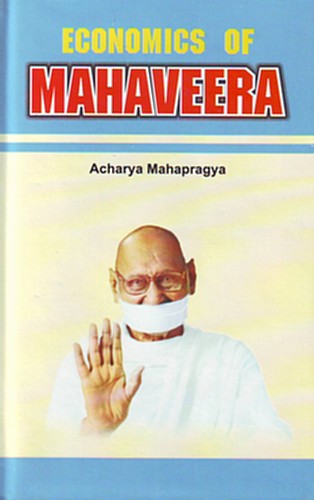
From the perspective of economics, we have tried to present a comparative study of Mahavira, Gandhi, Marx and Keynes. The question before us is not which thought is valid and which is not. That can well be a question before those who think in isolation and regard a specific system as valid and another system as not valid.
Under the anekanta philosophy, there is always assimilation and synthesis of different elements of truth. According to it, there is no thought, which may not possess some element of truth, and there is no single thought, which may be the whole truth. Every thought has an element of truth, and whatever we express has an expression of an element of truth. We have neither the words nor the mental ability to express the whole truth.
That is why the assimilation, recognition and expression of the diverse elements of truth mean setting out on the royal route to the ultimate reality.
Why This Demand?
Today, there is an urge for a new global order, and a new economic configuration. The question is why is there such a demand? It has emerged because we have accepted an element of truth as whole truth, and we have started behaving accordingly. The present-day economic policy is based on both microeconomics and macroeconomics. In the early stages, the economic theory was based on microeconomics. Since Keynes propounded the theory of macroeconomics, the economic transformation become sharp and many countries were influenced by it. Macroeconomics envisages the establishment of large-scale Industries and the maximization of output. The production has to be organized on a mass scale since the hunger of a growing population needs to be satisfied. Nobody would argue that this objective is irrational. It aims at the removal of the sufferings of hungry and distressed population so that the people may be able to get food, clothes and houses, satisfying their primary needs. Without laying a network of industries, it is not possible to achieve all that, it is maintained.
 Acharya Mahaprajna
Acharya Mahaprajna

